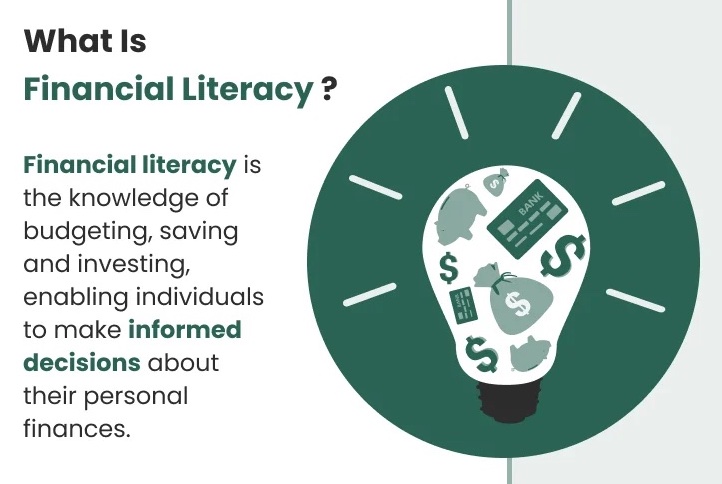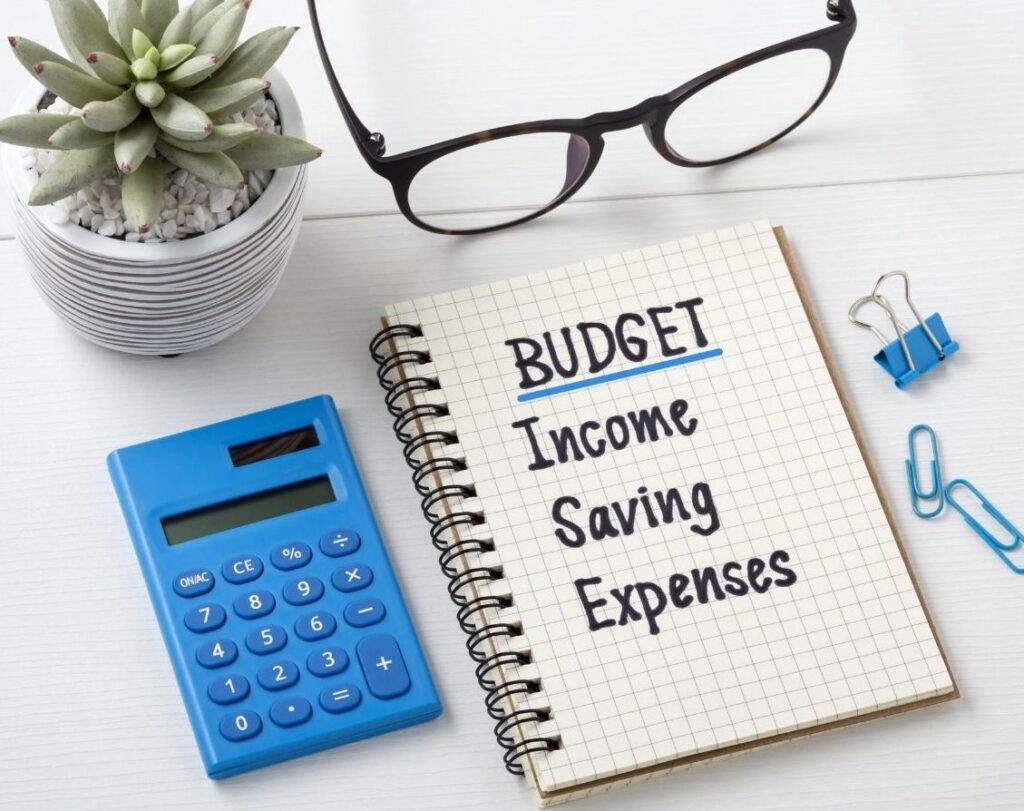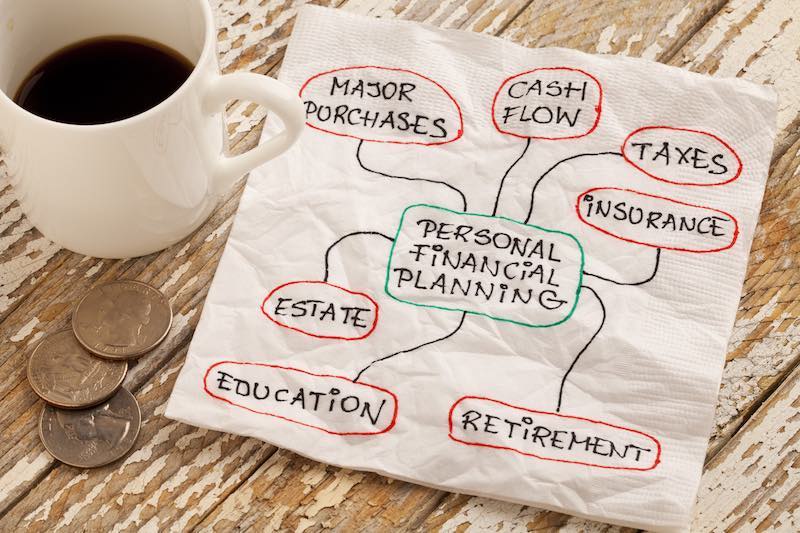As a money coach I talk to lots of people about money. I notice that the word “budgeting” almost always triggers a subtle (or not so subtle) grimace. Most people don’t want to hear about budget strategies, let alone do them.
According to a poll by the National Foundation for Credit Counseling, 57% of respondents viewed budgeting as nothing more than a restriction of their spending. Developing financial management skills can be a hard sell, but it’s also immensely rewarding and liberating.

Here’s the irony. Budgeting is actually just the opposite
According to Gail Cunningham, spokesperson for the NFCC, “A budget actually provides the structure through which a person can be in charge of his or her spending, directing the dollars to their best use, spending should be a reflection of a person’s priorities, but without a plan, the priorities often get pushed aside in favor of the tyranny of the urgent.”
Don’t be a victim of your own poor financial management

Being in control of your finances instead of being a victim of poor financial management—what could be more liberating? Close your eyes and picture a time when you’re no longer dreading the end of the month when your bills start pouring in. This is freedom.
Most people fear that knowing exactly how much money they have and specifically how much they are spending would be restrictive. But here’s the thing–the amount you have will be the same whether you acknowledge it or not.
Not knowing is what drives you into a deeper hole with credit card debt. It increases your anxieties and sabotages your financial future.
Having a budget changes the whole financial picture
Budgeting comes down to two very simple things:
- Your budget helps you spend less than you earn. Spending less than you earn frees up money to pay off debt (or stay out of debt!). It gives you the breathing room to build your savings. Savings enables you to roll through emergencies and pave the way for your future. Learning to live within your means and save money from your salary is possible.
- Your budget helps you spend money on the things you really value, not the things that you don’t. When you spend money based on planning, instead of ending up feeling deprived, you are actually empowered to make choices and have more of what is truly important to you.
There are myriad online tools for financial management, including You Need a Budget (YNAB). There are also apps that make it easy to track incidental expenses when you’re on the go, like those Starbucks runs and afterwork drinks with friends. You don’t need to spend money on software–you can use an Excel spreadsheet. Do whatever works for you.
How to Make a Budget in 5 Steps

- List your income
- List your expenses
- Subtract expenses from income
- Track your transactions—all month. This is important because this is where it gets easy to squander money on needless, frivolous expenses throughout the month
- Make a new budget before the month begins, based on what you learned from the previous month.
Use case: A financial management meltdown
This is a case study about Chloe, a college student who began accruing massive debt that ballooned to $85K. I’m using this story because it illustrates that getting into debt isn’t always just about money and buying things. There’s a strong emotional driver, so it gets more complicated and moves closer to being an addiction.
It began with her student loan, and instead of using less than the allotted amount, which she well could have done since she was also working, she did not. She used all of the available loan money.
Chloe grew up in a tough environment and suffered from low self-esteem

Whenever she was feeling depressed or lonely, she went shopping. She’d go to the mall and spend money, putting all of her purchases on her credit cards. Shopping and buying things were ways to help assuage her feelings of loneliness and not being good enough. But they only helped her feel better for a short while. The cycle would always repeat itself because nothing satisfied her feelings of inferiority.
This spending activity continued through her college years
When she graduated, Chloe got a good job in the financial services sector. Starting a new life should have signaled that it was time to reign in her spending, but it didn’t. It took an intervention from a colleague to make her realize that she needed to create a budget and stop spending money. Unfortunately, Chloe was in an accident and ended up with a broken wrist and cracked ribs. She was in the hospital for a few days and her insurance hadn’t kicked in from her new job, so she added the hospital bill to her credit cards so that she now owed $85K.
It was at this point that she needed help. She worked with a coach to help her develop a plan for paying off her massive debt, including what debt to pay off first. It took more than three years, but she finally paid off all of her debt. Chloe no longer uses credit cards.

Creating a budget, sticking to it and being debt-free can be profoundly liberating
If you’re in debt and need help with financial management, you need a financial advisor to help you get out of debt. Contact me to help determine what debt to pay off first and learn to live within your means.